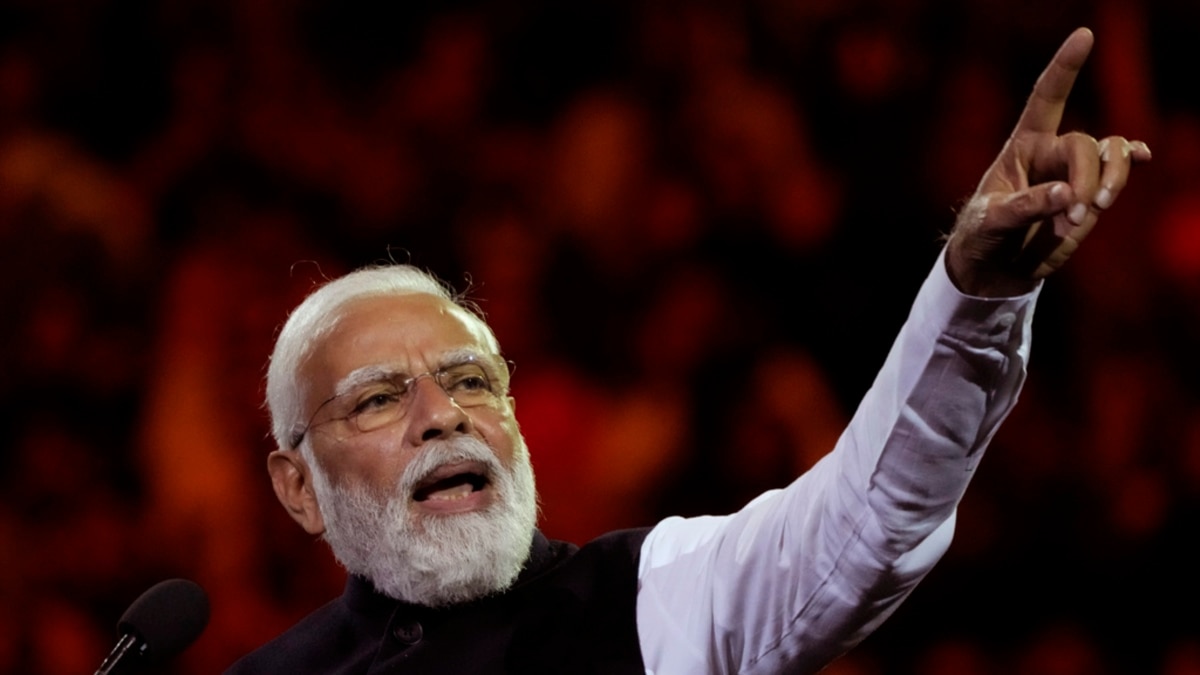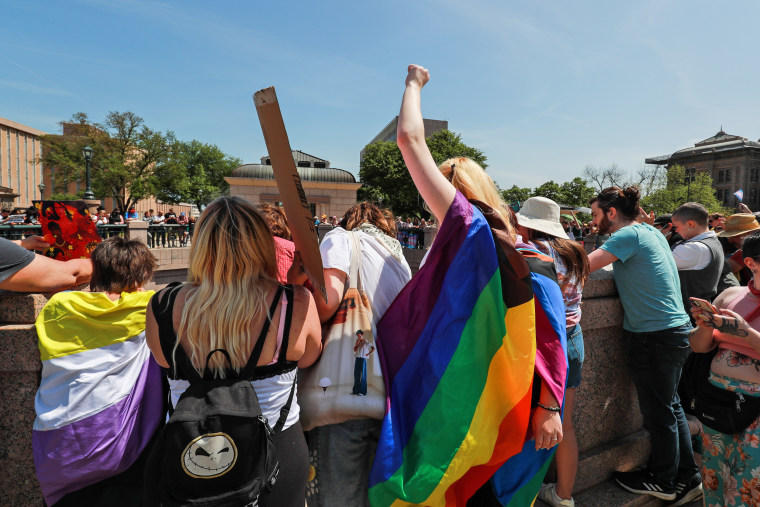Geopolitics expected to foster closer India-US ties during PM Modi visit

As Indian Prime Minister Narendra Modi heads to the United States as a state guest this week, officials from both countries expressed optimism about the visit, which is seen as a milestone in bilateral ties.
India’s Foreign Minister Subrahmanyam Jaishankar said India-US relations have come a “long way”.
“You can look at the technological part of the relationship, you can look at the trade in the relationship, you can look at the political fusion, you can look at the strategic interests. “I think there are compelling arguments,” Jaishankar told reporters last week.
Analysts say the most compelling case is the rise of China. At a time when relations between India and China have deteriorated after three years of military confrontation along the disputed Himalayan border, New Delhi has abandoned its hesitation and is working closely with Washington in the Asian region. Prime Minister Modi visited the United States as he tried to balance an increasingly assertive China.
“The strategic situation in the Indo-Pacific region is changing very dramatically and both Washington and New Delhi recognize that they need to work more closely than ever to stabilize the situation.” Harsh Pant, vice president of research and foreign policy, said. Observer Research Foundation, New Delhi.
“That strategic clarity means that strengthening ties with like-minded countries like the United States has become a strategic imperative for India,” he said.
Giving India access to advanced defense technologies, including joint production of weapons, is expected to be a key achievement during Modi’s visit. Reuters reported that this could include a deal for General Electric to produce jet engines for military aircraft in India. The two countries are also discussing a possible Indian purchase of armed U.S.-made drones.
Analysts say the defense partnership is being strengthened as the US wants to boost India’s military power.
“The United States wants to strengthen India as a force against China, so it wants to help India modernize its military,” said Sriram Chauria, dean of the Jindal School of International Studies. “So both sides have removed some of the cobwebs that have existed, arguing that we have the same enemy and that we need to work together more to push back this common enemy.”
From India’s point of view, he said, Russia’s viability as a military supplier of advanced weapons to a weakened India under Western sanctions was also questionable. Russia has provided most of India’s military equipment for decades.
The foundation for Modi’s visit was laid by a recent visit to India by a senior US official. US Defense Secretary Lloyd Austin said earlier this month that the two countries were setting a roadmap for defense industrial cooperation.
Modi is also trying to persuade US companies amid US efforts to diversify supply chains beyond China in key areas such as semiconductors and is expected to meet top business leaders in Washington.
But US companies often frustrated with regulations and bureaucratic hurdles, making it difficult to build factories in India.
National Security Advisor Jake Sullivan, who is visiting New Delhi, told an Indian business forum on Tuesday that the two countries are working to boost trade.
“Many of the results of that time were [Modi] A visit is more than just a bullet point on a page. They are fundamentally designed to remove barriers to defense trade, tech trade and investment in countries,” Sullivan said.
Areas the two countries are looking to deepen cooperation include quantum computing, artificial intelligence and 5G wireless networks, where China has gained a dominant position.
This visit includes all the pomp and ceremony that accompanies a state visit. The last state visit to Washington by an Indian Prime Minister took place in 2009. Modi will also speak at a joint session of the US Congress, his second. Since he took power nine years ago.
US Secretary of State Anthony Blinken in Washington expressed optimism about the visit in a speech at the US-India Business Council on Monday.
“So we are almost literally here on the eve of Prime Minister Modi’s historic state visit, which will further cement what President Biden has called the defining relationship of the 21st century.”
But as geopolitics shift, the two countries do not always have the same perception. India has insisted on maintaining friendly relations with Russia following its aggression against Ukraine. In recent months, Moscow has become New Delhi’s top oil supplier as India scrambles for cheap energy supplies.
Critics have also expressed concern over democratic setbacks in India, accusing the Modi government of stifling dissent and pursuing divisive policies that discriminate against Muslims and other minorities. In its latest annual report on human rights practices, the US State Department also highlighted challenges to freedom of expression and violence against religious and ethnic minorities in India. New Delhi rejected the report, saying it was flawed and biased.
But analysts say the efforts of the two countries during Modi’s visit will be about forging common interests while managing their differences as they focus on the bigger picture as they pit themselves against China. there is
“When the Ukrainian war started, there was great concern that it would derail relations, and the two countries were going in different directions,” said Mr Pants.
“But the relationship continues to grow, and in fact the relationship is becoming more vibrant. It is a good bet given all the challenges India faces and the US government needs to foster India. I think it’s because there’s a new perception that there is,” he said. He said.
https://www.voanews.com/a/geopolitics-seen-as-driving-close-indo-us-ties-during-modi-us-visit-/7142080.html Geopolitics expected to foster closer India-US ties during PM Modi visit



